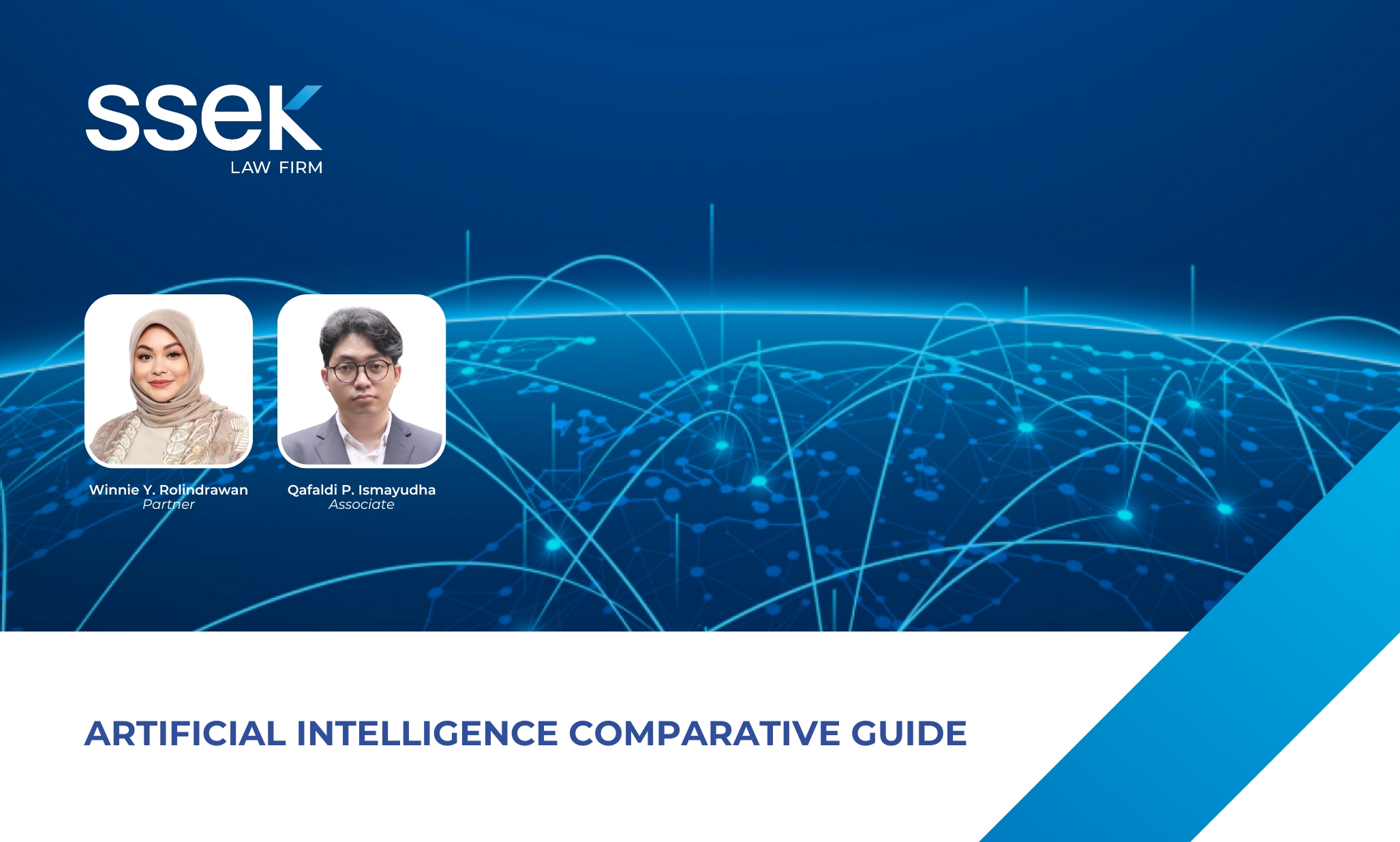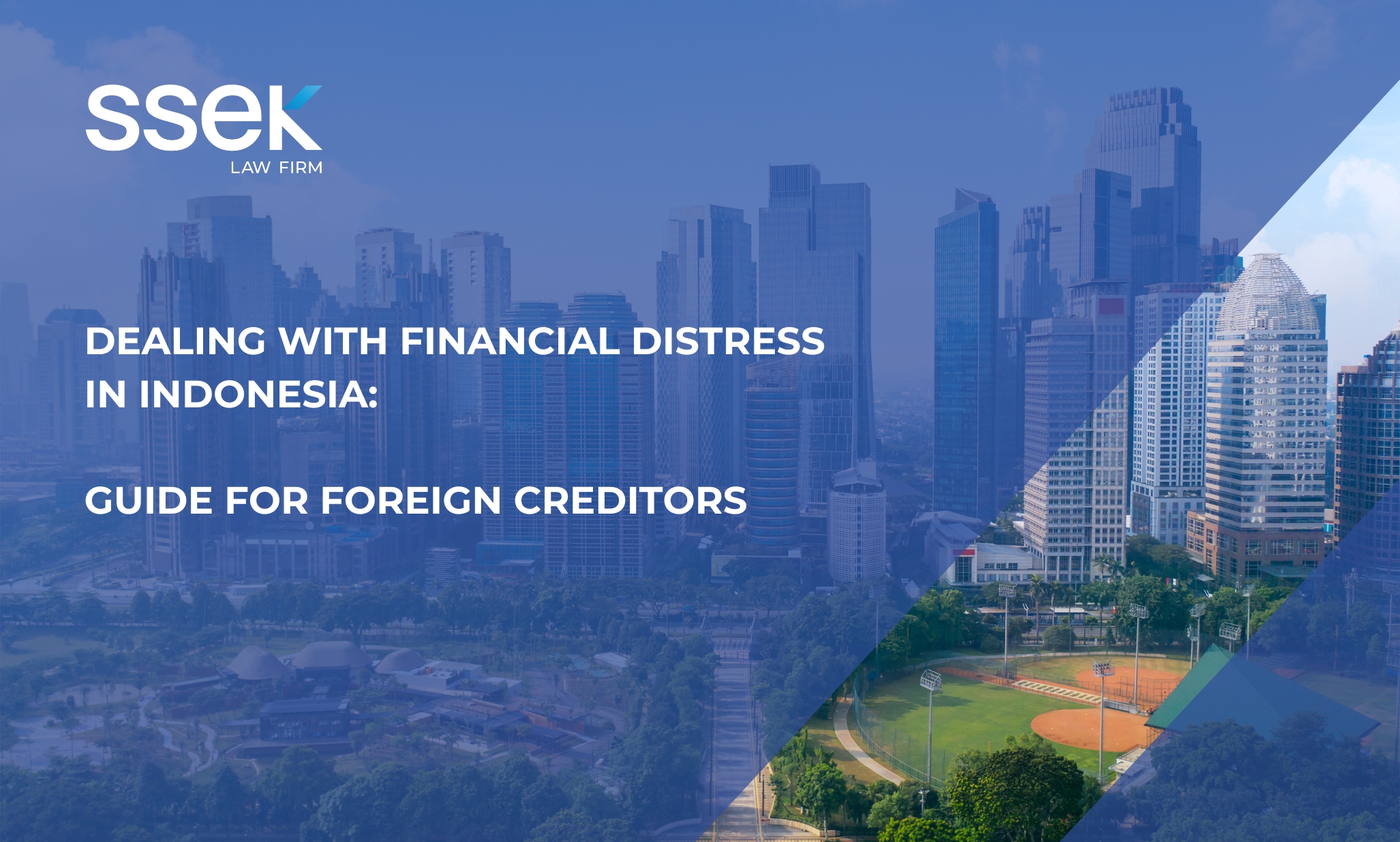

With the enactment of the Job Creation Law (Law. No. 11 of 2020) on November 2, 2020, there have been important changes related to termination of employment in Indonesia. Termination now only requires notice of termination, except in certain circumstances.
Government Regulation No. 35 of 2021, an implementing regulation for the Manpower Law as amended by the Job Creation Law, provided an additional new mechanism for the termination of employment. This mechanism is in the form of an obligation to report the termination to the local Manpower Office if the employee agrees with and does not refuse the termination of employment.
In practice, however, there has been until now no uniformity regarding this reporting mechanism to the local Manpower Office.
On March 11, 2022, the Directorate General of Industrial Relations and Social Security at the Ministry of Manpower issued letter No. 4/303/HI.00.03/III/2022 addressed to all Heads of Manpower Offices in Indonesia, concerning Notification and Reporting [standard] Documents (\"Letter No. 4/2022”).
Letter No. 4/2022 reaffirms the need for standard documents for standard termination notice, a standard response letter from employees who do not reject the termination, a standard application form that needs to be submitted to the Manpower Office, and a standard receipt which will be issued by the Manpower Office.
However, there is still as at this writing no applicable legislation that provides a maximum time limit for the employer to submit the termination report and/or for the local Manpower Office to issue its receipt, and/or sanctions for failing to implement these provisions. (18 March 2022)
For more information, please contact:
Indrawan Dwi Yuriutomo, Associate
indrawanyuriutomo@ssek.com
The above material is intended for informational purposes only and does not constitute legal advice. Circumstances may change and this material may become outdated. SSEK is under no obligation to update or correct this material. Any reliance on the material contained herein is at the user\'s own risk.









